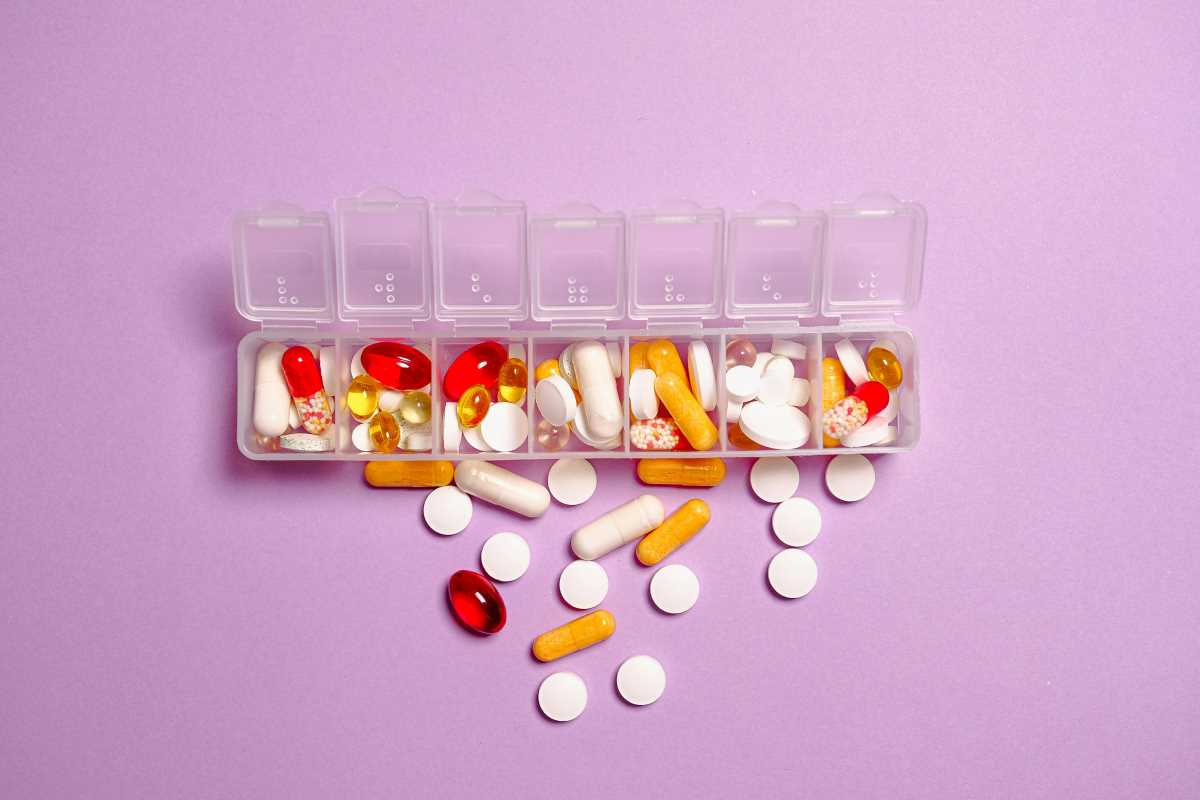Managing type 2 diabetes requires more than diet and exercise. Medications play a pivotal role in helping keep blood sugar levels in check. With a wide range of options, from oral pills to injectable drugs, each medication works differently to lower blood sugar effectively. Understanding how these options help, their benefits, and potential side effects can make diabetes management simpler and more effective. Let's talk about some of the more popular ones to see if they're right for you.
Metformin
Metformin is often the first medication prescribed for type 2 diabetes. It belongs to a class of drugs called biguanides and focuses on decreasing the liver's production of glucose. Metformin also improves insulin sensitivity, making it easier for your body’s cells to use glucose for energy.
This medication is taken orally, usually twice a day. Common side effects include mild stomach upset or diarrhea, which can be minimized by taking the pill with food. Long-term use of metformin may lead to vitamin B12 deficiency, making regular blood work important.
Patients benefit from its cost-effectiveness and generally well-tolerated nature. For most, metformin offers a solid starting point in stabilizing blood sugar without the risk of hypoglycemia.
Sulfonylureas
Sulfonylureas have been used to manage diabetes for decades. These medications, including glimepiride (Amaryl) and glipizide (Glucotrol), stimulate the pancreas to produce more insulin. They are taken orally, typically before meals.
The biggest advantage of sulfonylureas is their effectiveness in quickly lowering blood sugar. They carry a risk of causing hypoglycemia, or low blood sugar, especially if meals are skipped or delayed. Weight gain may also occur with extended use, which some patients may find challenging.
Sulfonylureas effectively manage blood sugar spikes, but these medications tend to lose effectiveness over time as the disease progresses.
SGLT2 Inhibitors
Sodium-glucose cotransporter-2 (SGLT2) inhibitors take a unique approach to managing blood sugar by preventing the kidneys from reabsorbing glucose. This causes excess glucose to be excreted in the urine. Popular SGLT2 inhibitors include empagliflozin (Jardiance) and dapagliflozin (Farxiga).
These oral medications offer additional benefits beyond blood sugar control. They have been shown to lower blood pressure and contribute to weight loss. People with heart disease or chronic kidney conditions may see improved outcomes when using SGLT2 inhibitors.
Side effects include an increased risk of urinary tract infections and yeast infections due to higher glucose levels in the urine. Staying hydrated and maintaining hygiene can reduce these risks.
DPP-4 Inhibitors
Dipeptidyl peptidase-4 (DPP-4) inhibitors enhance the activity of natural hormones like GLP-1, which help lower blood sugar levels. Medications in this class, such as sitagliptin (Januvia) and saxagliptin (Onglyza), are taken orally.
These drugs work by preventing the breakdown of GLP-1 hormones, allowing insulin to be released when blood sugar rises. DPP-4 inhibitors do not typically cause weight gain or hypoglycemia, making them a gentle option for many.
Side effects are rare but can include upper respiratory infections or headaches. They are often added to treatment plans that already include metformin.
GLP-1 Receptor Agonists
Glucagon-like peptide-1 (GLP-1) receptor agonists mimic natural hormones that lower blood sugar and suppress appetite. Injectables like semaglutide (Ozempic) and dulaglutide (Trulicity) have gained popularity for their dual effects of improving blood sugar and helping with weight loss.
These medications are often administered weekly, which adds convenience for patients. Common side effects include nausea or vomiting, especially at the start of treatment. Research indicates that GLP-1 receptor agonists may reduce heart disease risks, making them an appealing option for patients with related health concerns.
TZDs
Thiazolidinediones (TZDs), such as pioglitazone (Actos), enhance the sensitivity of muscle and fat cells to insulin. These oral medications are effective in lowering blood sugar levels without causing hypoglycemia.
Risks include fluid retention and potential weight gain. There is also an increased likelihood of heart failure in some patients, so these medications are used cautiously. Their long-lasting action can be beneficial for patients who struggle with frequent blood sugar changes.
Combination Medications
Combination pills are becoming a convenient way to manage diabetes, especially for those who need more than one type of medication. Drugs like Sidapvia, which include dapagliflozin and sitagliptin, combine the mechanisms of SGLT2 inhibitors and DPP-4 inhibitors.
These combinations reduce the need to juggle multiple pills daily and improve adherence to treatment plans. It’s essential to work with a healthcare provider to make sure the combination suits individual health needs and doesn’t result in overlapping side effects.
Things to Consider Before Choosing a Medication
Efficacy
How effectively the medication lowers blood sugar depends on the individual. Metformin remains the most commonly prescribed due to its proven track record, but newer classes like GLP-1 agonists or SGLT2 inhibitors may better suit those with additional conditions like obesity or heart disease.
Side Effects
Each medication comes with potential side effects. Metformin may cause an upset stomach, and sulfonylureas and meglitinides risk hypoglycemia. Newer treatments like GLP-1 receptor agonists often include nausea as a primary complaint.
Cost
Some newer medications carry a higher price tag, especially injectables like Mounjaro or Ozempic. Discuss insurance coverage or generic alternatives if cost is a concern.
Additional Benefits
Medications like SGLT2 inhibitors that benefit heart and kidney health may be prioritized for individuals with these underlying conditions. Weight loss advantages from medications like semaglutide may appeal to others.
Treatment Plan Adjustments
Diabetes often changes over time, which means initial medications may lose effectiveness. Regular check-ups are necessary to evaluate whether it’s time to modify or add to an existing regimen.







